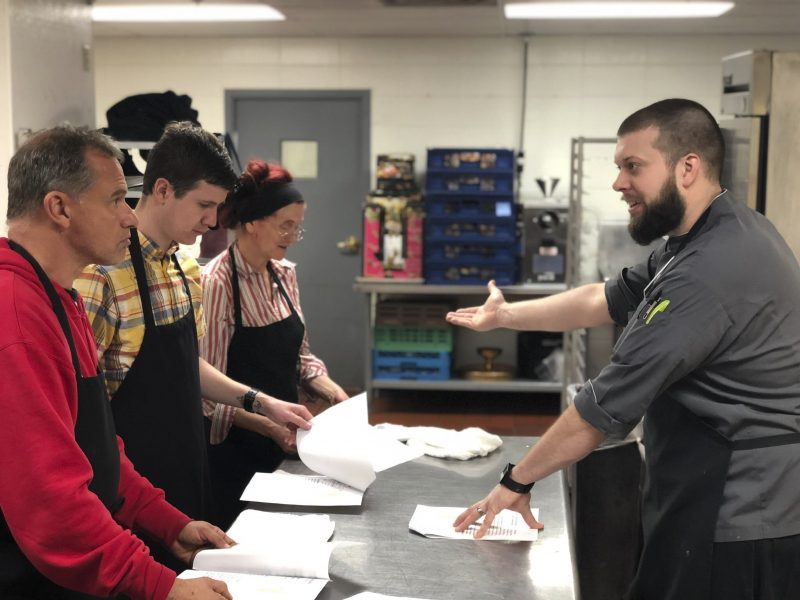The historic Chase Park Plaza Royal Sonesta Hotel is a premier travel destination for lodging, food and beverage, and meetings and events. The Chase is committed to sustainable innovations that bring value to the organization and its guests.
, 

Innovation spans every aspect of business, from technology and product development to customer service and finances.
Just a Quick Note:
InnovationsOfTheWorld.com has partnered with Trade License Zone (TLZ) to support global innovators looking to expand internationally. Take advantage of the UAE’s Free Zones—enjoy streamlined setup, low corporate taxes, and a strategic gateway to the Middle East and beyond.
Get Your UAE Free Zone License Fast & Easy!It is no different in the hospitality industry – opportunities to be innovative are abundant. Recently, the executive team at The Chase Park Plaza Royal Sonesta Hotel in St. Louis has taken steps toward more sustainable and environmentally friendly practices. The result: a hotel that is creating more value for its guests.
Beginning in the hotel’s food and beverage department, The Chase has launched a number of initiatives that are helping reduce the organization’s carbon footprint and our waste. The hotel’s organic food waste program is reducing the hotel’s overall waste by 40 to 50 percent.
Each month, the hotel diverts an average of 9,800 pounds of waste from the landfill and is on track to reach 58 tons by the end of the year. Further adding to that, The Chase buys back an average of 40 pounds of nutrient rich compost per month for the kitchen’s micro-greeneries. These microgreeneries are used to grow basil, arugula, bull’s blood (beets), chives, radish, and mizuna, as well as larger plants including lettuce, kale, and mustard greens.
All greens harvested from the micro-greeneries are used in dishes prepared for the hotel’s restaurants. Another way The Chase is helping the planet is through the “Skip the Straw” initiative, in which the hotel’s restaurants and bars are only providing paper straws in drinks upon request in efforts to preserve marine life.
According to the National Park Service, more than 500 million straws are used each day in the U.S., enough to circle the planet 2.5 times. Furthermore, plastic straws are proving to be deadly and are now one of the top 10 marine debris items found on beaches.
The Chase also supports the honeybee population, which has taken a sharp decline in recent years. According to Smithsonian Magazine, bee abundance declined across 23 percent of U.S. land area between 2008 and 2013.
In efforts to combat that decline, The Chase’s chefs built and installed two rooftop hives, each containing 10,000 honeybees. It is estimated that the hives now contain 80,000 to 100,000 honeybees which are expected to produce 15 gallons of fresh, organic, local Forest Park honey by this fall. The honey harvested from the hives will be used in the hotel’s restaurants and offered to guests.
Finally, The Chase is taking steps to ensure its recycling program is working at full capacity. The hotel is currently recycling an average of 1.5 ton per month, which equates to 18 tons per year. With the recent addition of recycling bins in each of the nearly 400 guestrooms, the leadership team estimates that the amount they currently recycle will increase 30 percent year over year.
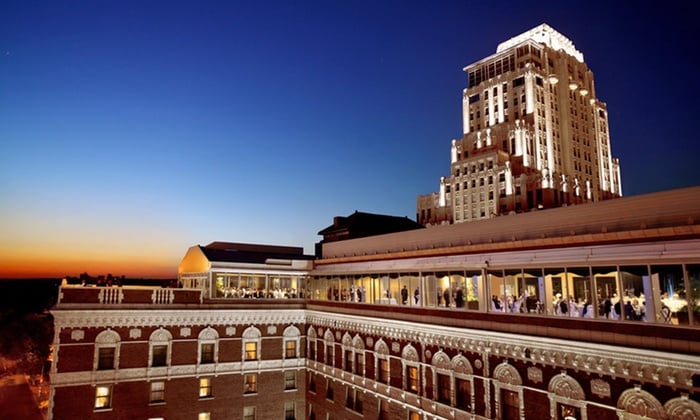
Each month, the hotel diverts an average of 9,800 pounds of waste from the landfill and is on track to reach 58 tons by the end of the year. Further adding to that, The Chase buys back an average of 40 pounds of nutrient rich compost per month for the kitchen’s micro-greeneries. These microgreeneries are used to grow basil, arugula, bull’s blood (beets), chives, radish, and mizuna, as well as larger plants including lettuce, kale, and mustard greens.
All greens harvested from the micro-greeneries are used in dishes prepared for the hotel’s restaurants. Another way The Chase is helping the planet is through the “Skip the Straw” initiative, in which the hotel’s restaurants and bars are only providing paper straws in drinks upon request in efforts to preserve marine life.
, 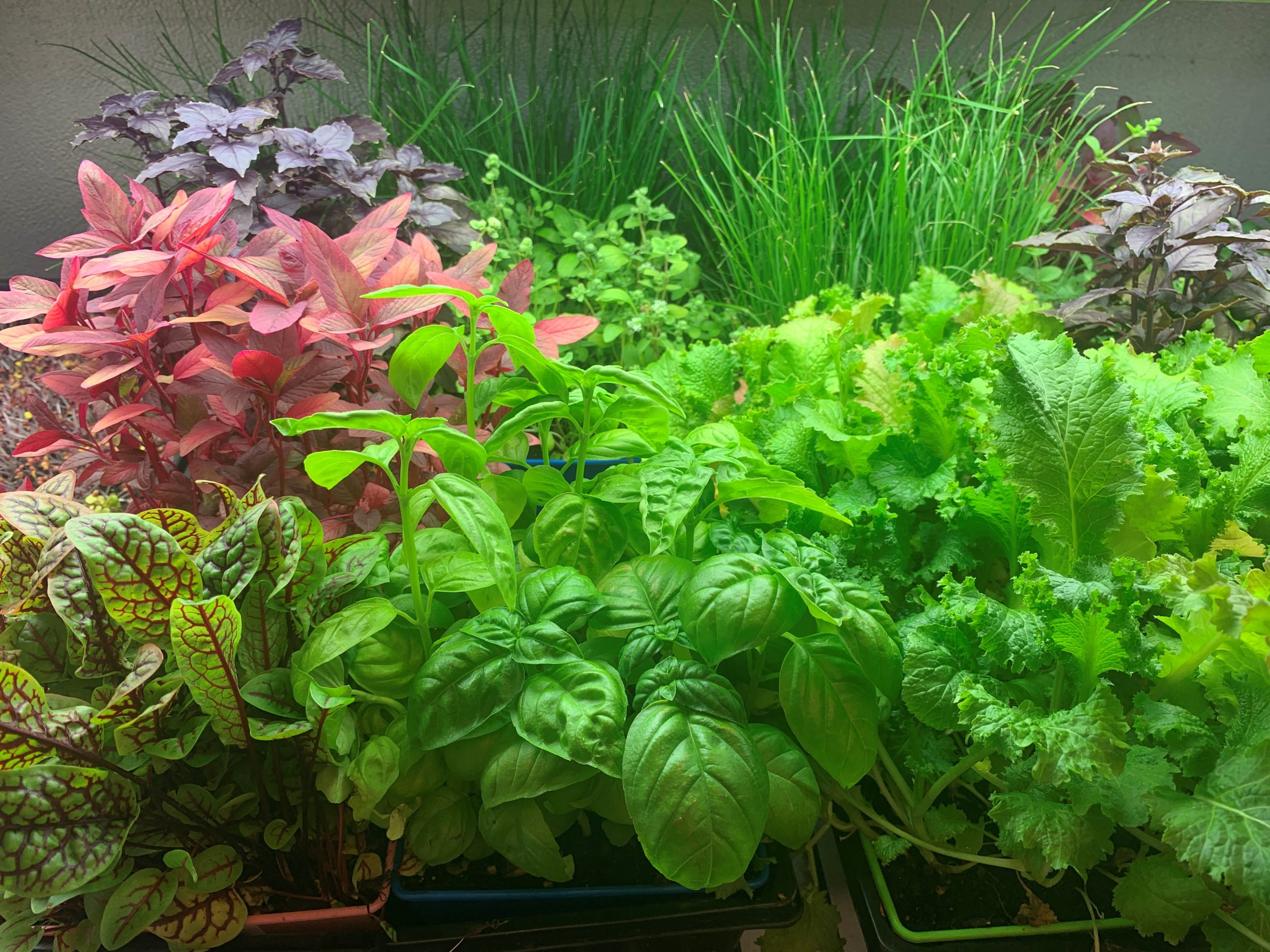
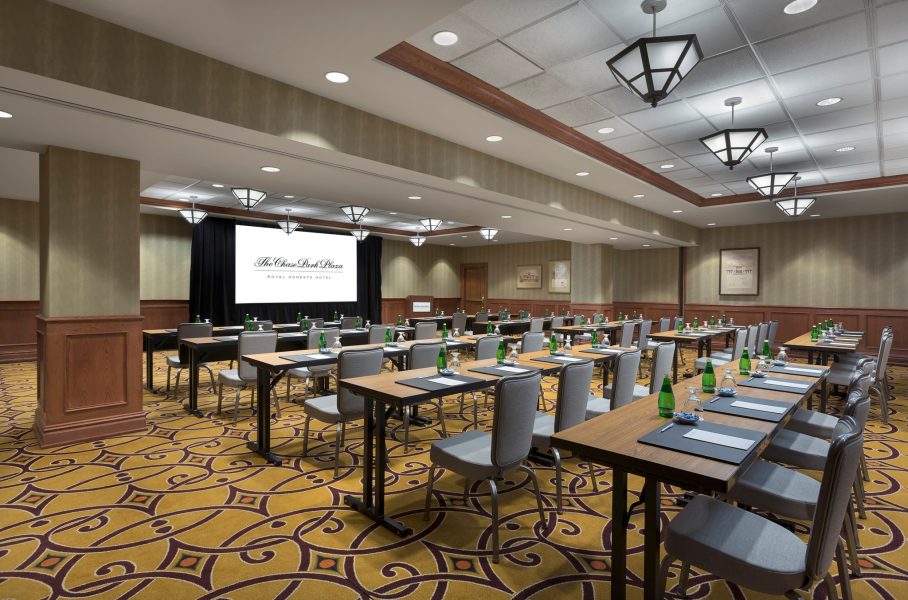
According to the National Park Service, more than 500 million straws are used each day in the U.S., enough to circle the planet 2.5 times. Furthermore, plastic straws are proving to be deadly and are now one of the top 10 marine debris items found on beaches.
The Chase also supports the honeybee population, which has taken a sharp decline in recent years. According to Smithsonian Magazine, bee abundance declined across 23 percent of U.S. land area between 2008 and 2013.
, 

In efforts to combat that decline, The Chase’s chefs built and installed two rooftop hives, each containing 10,000 honeybees. It is estimated that the hives now contain 80,000 to 100,000 honeybees which are expected to produce 15 gallons of fresh, organic, local Forest Park honey by this fall. The honey harvested from the hives will be used in the hotel’s restaurants and offered to guests.
Finally, The Chase is taking steps to ensure its recycling program is working at full capacity. The hotel is currently recycling an average of 1.5 ton per month, which equates to 18 tons per year. With the recent addition of recycling bins in each of the nearly 400 guestrooms, the leadership team estimates that the amount they currently recycle will increase 30 percent year over year.
, 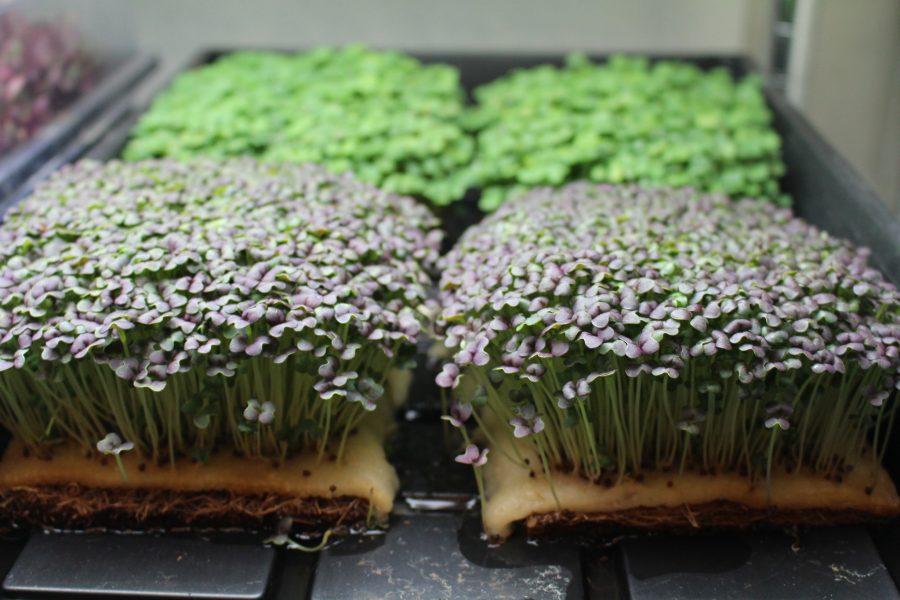

Frederik Houben, director of sales and marketing for The Chase, said all of these initiatives would not be possible without the support and enthusiasm of their team of employees – many of whom are driving the day to-day operations.
He said there is an overwhelming appreciation and respect for each other across departments and management functions, something that is amplified through the hotel’s “Living a Day in the Life” initiative, in which members of the management team swap their regular job for a line-level job function in one of the operational departments for one day.
, 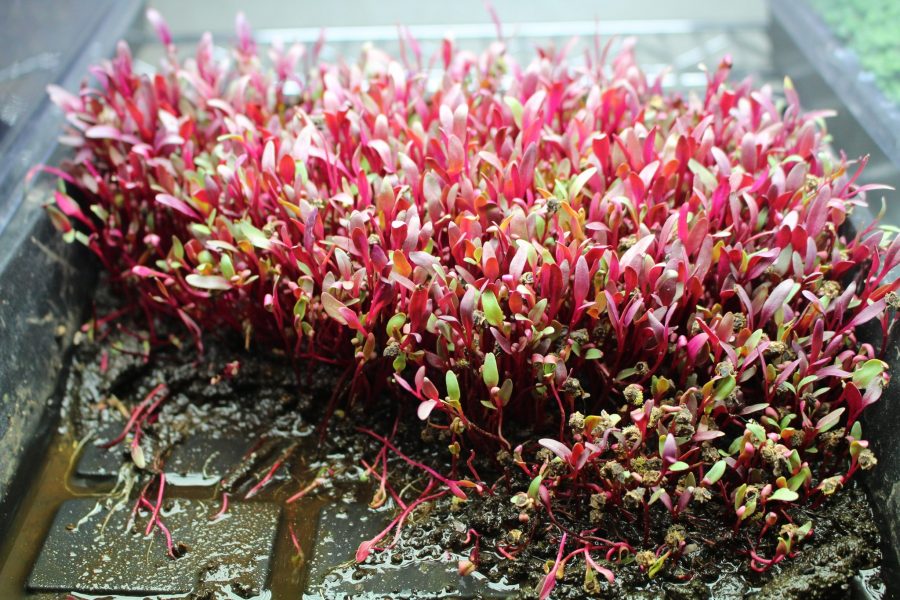
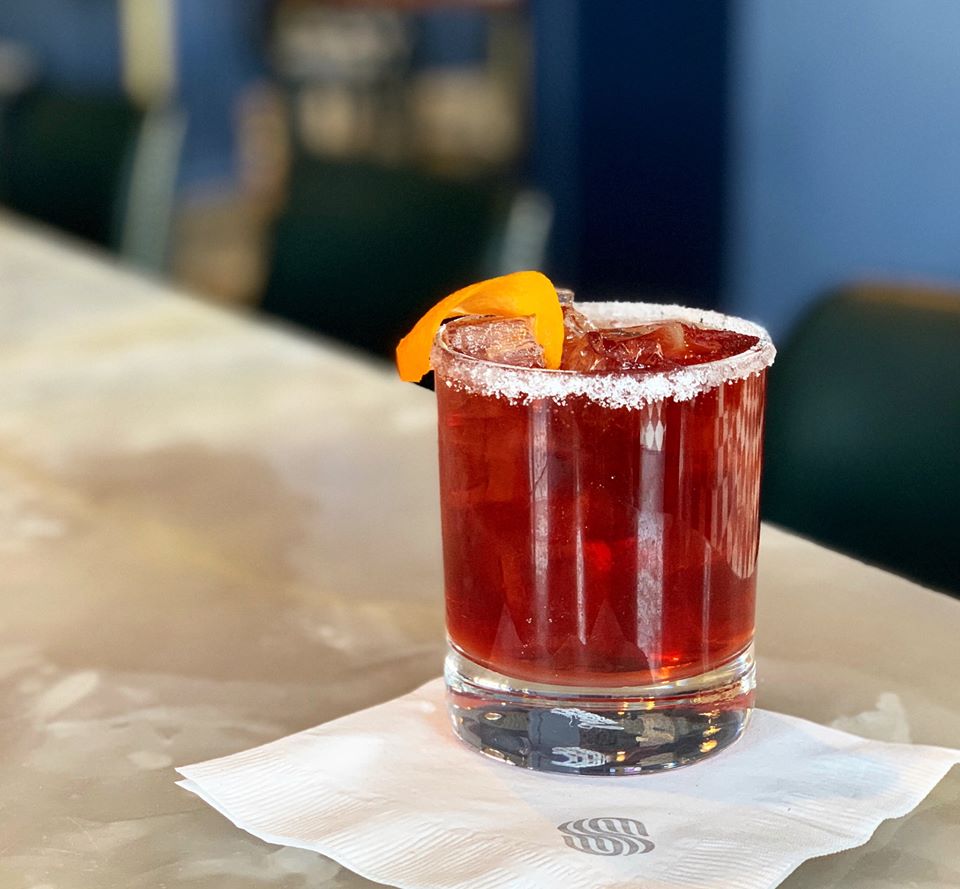
Houben said the program, which launched in 2017, is an opportunity for employees to gain a unique perspective on hospitality operations as well as what it takes to perform the different roles that are essential to the hotel’s success.
, 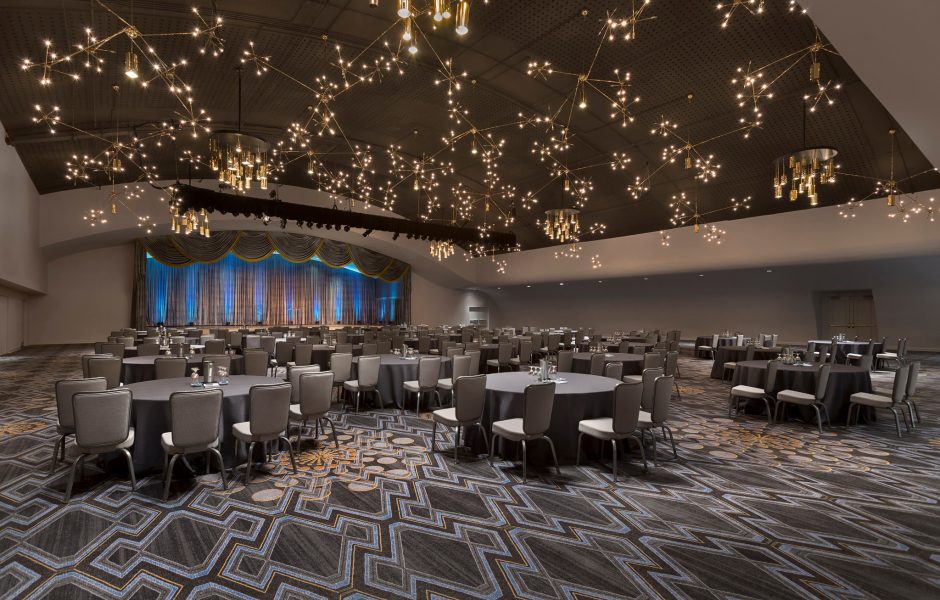

Each quarter, the executive committee of The Chase Park Plaza Royal Sonesta Hotel draws their assignments from the pre-established operational departments and the line-level job functions, such as housekeepers, greeters, bellhops, and attendants. On the job, executives get to spend time with employees, learning about challenges, opportunities, and personal goals of each individual they meet.
“At any business or organization, it is important for all managers to know what other departments endure and are faced with to achieve a common goal,” Houben said. “Having the knowledge and basic skill set of other departments provides the opportunity for positive constructive feedback on how to improve the overall service delivery and create amazing moments.”
